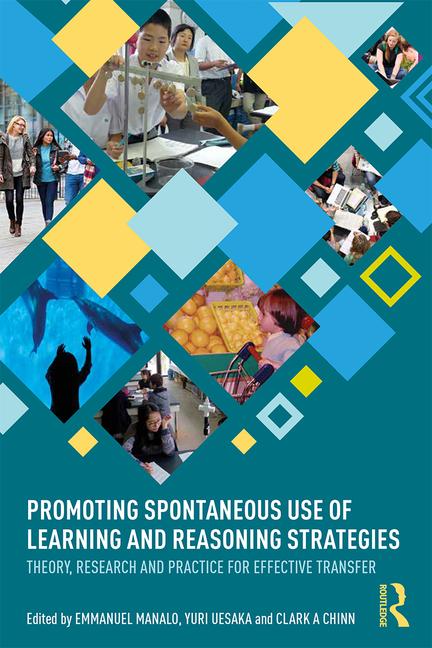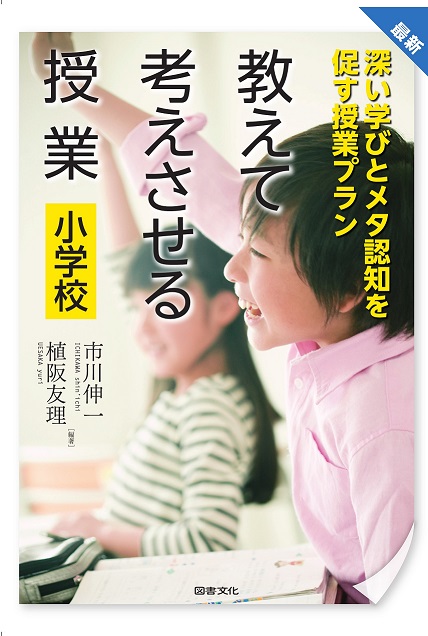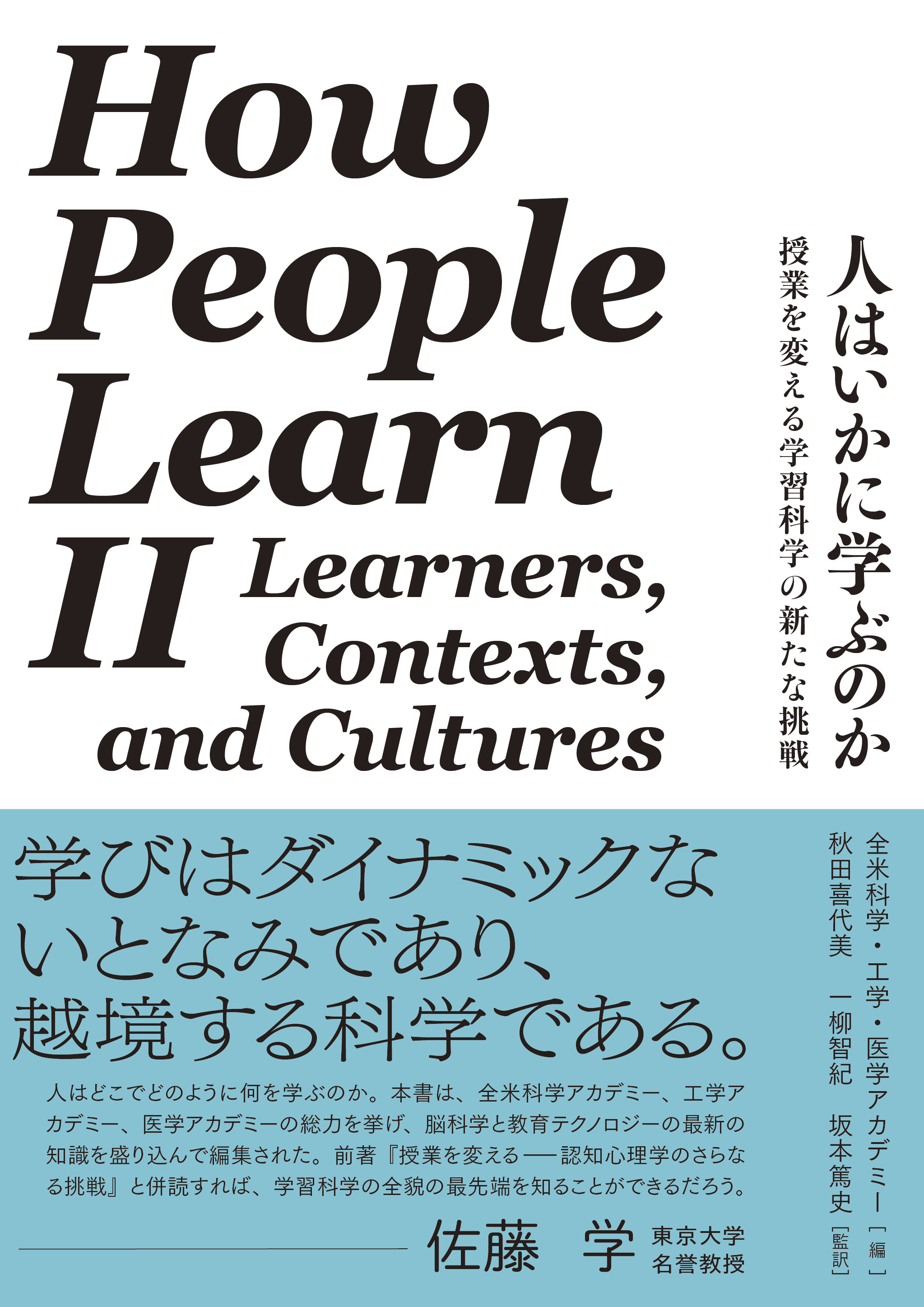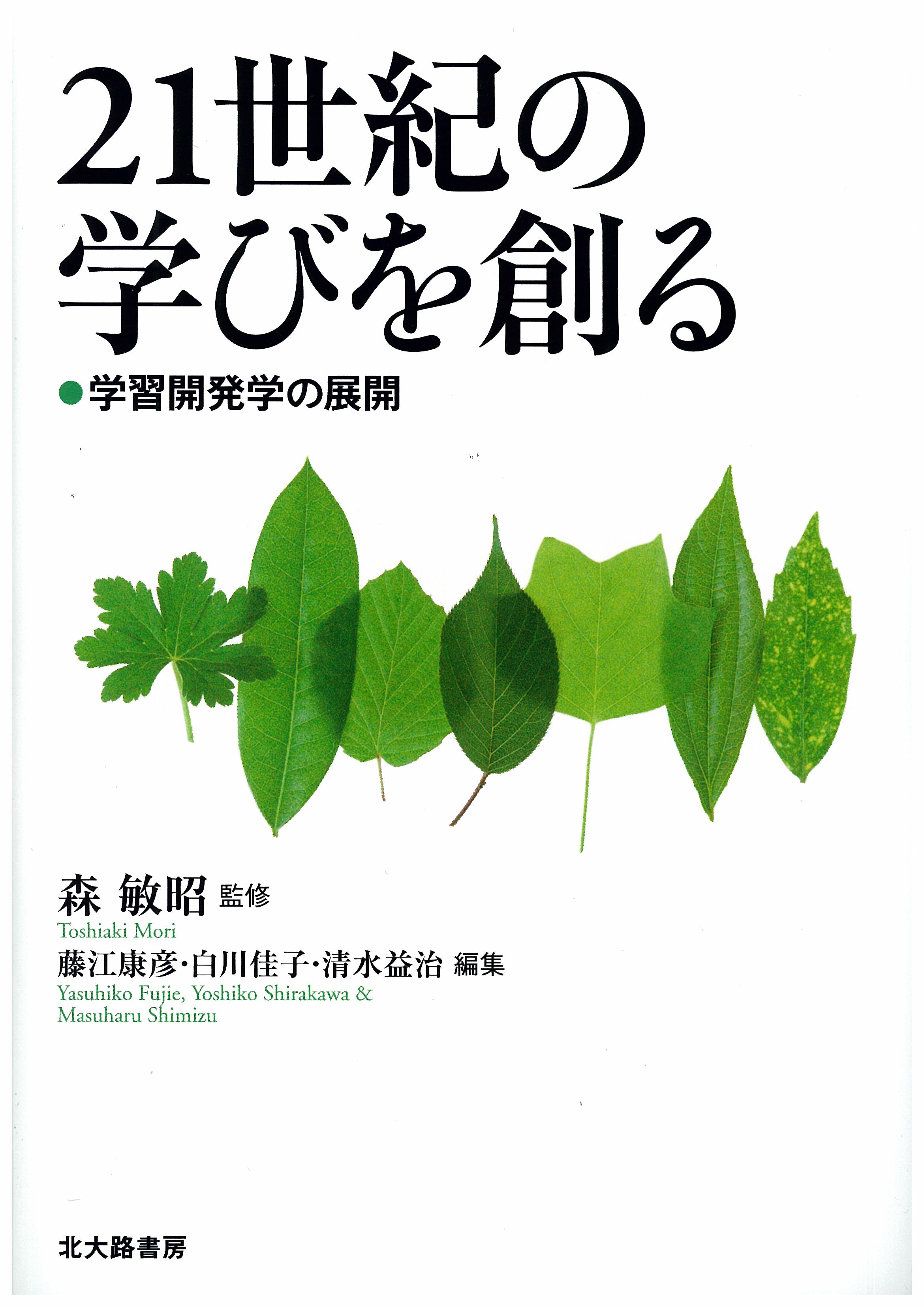
書籍名
Routledge Research in Achievement and Gifted Education Promoting spontaneous use of learning and reasoning strategies Theory, research, and practice for effective transfer
判型など
342ページ、ハードカバー
言語
英語
発行年月日
2017年10月2日
ISBN コード
9781138680630
出版社
Routledge
出版社URL
学内図書館貸出状況(OPAC)
Promoting spontaneous use of learning and reasoning strategies
英語版ページ指定
現在、世界的にみて、学校教育の目標が大きく変化してきている。以前の学校教育は、国語学や数学といった親学問があり、教科の中でそれを伝達していく役割を担っている。一方、2000年代以降、教育の目標が大きく変化し、社会に出た後の力についても育てることを目指すようになってきている。OECDのキー・コンピテンシーを皮切りに、21世紀型スキルなどといった概念が提案され、効果的な学び方や、思考の仕方などについても学校教育で育てるべき重要な力の一部となっている。日本においても、「資質・能力の育成」という言葉で思考スキルや学び方の重要性が強調され、次期学習指導要領では、こうした力を学校現場において保証する必要性が明記された。しかし、学校現場では必ずしもこうした力を育てるための具体的な指導法が検討されているわけではなく、混乱が続いているのが実態である。資質・能力について、うまく教える自信がないと感じているのは、何も日本の教員だけではない。全世界的に見ても、こうしたことに不安を感じる教員が多く存在することが研究からも指摘されている。
一方、心理学では学習方略研究の中で効果的な学び方について盛んに研究され、どう指導するのかといったことについても知見が重ねられつつある。このように、教科を超えた思考スキルを教えようとする傾向は、近年勃興している学習科学においても同様である。その一方で、これを現場でどう活用していくのかについては、議論が始まったばかりと言える。
本書では、研究の中で検討されている効果的な学び方や思考スキルを、自ら活用できる学習者を育てる実践的研究知見について、国内外の研究者が集い、まとめたものである。全体は大きく、理論編、展望編、実践編からから構成される。理論編では、心理学的基礎研究が中心に紹介されている。展望編では、レビュー論文が集められており、これまでの研究知見から実践に資するような原理や原則が抽出されている。実践編は、実際に学校現場等で行われた実践的研究が学習科学及び心理学の双方から提案され、論じられている。
編著者は、元オークランド大学で現在は京都大学にいるEmmanuel Manalo教授、東京大学高大接続研究開発センター (教育学研究科、兼担) 植阪友理、学習科学において著名なアメリカRutgers UniversityのClark Chinn教授である。どの論文も、査読つき論文 (blind peer-reviewed paper) であり、質の高さが保証されている。本書は、新たな教育動向で求められている力について具体的に知り、それを促進する要因のみならず具体的な実践を知るうえで最適な書と言えるだろう。
(紹介文執筆者: 高大接続研究開発センター 准教授 植阪 友理 / 2019)
本の目次
Part 1: Theory section
1. Eliciting and Building upon Student-Generated Solutions: Evidence from Productive Failure (Manu Kapur, Ngan Hoe Lee, & June Lee)
2. Promoting Learners’ Spontaneous Use of Effective Questioning: Integrating Research Findings Inside and Outside of Japan (Yoshinori Oyama)
3. Learning from multiple documents: How can we foster multiple document literacy skills in a sustainable way? (Mark Stadtler, Rainer Bromme, & Jean-Francois Rouet)
4. How to Address Student’s Lack of Spontaneity in Diagram Use: Eliciting Educational Principles for the Promotion of Spontaneous Learning Strategy Use in General (Yuri Uesaka & Emmanuel Manalo)
5. Obstacles to the Spontaneous Use of Learning Strategies (and Some Approaches to Overcome Them) (Christof Wecker & Andreas Hetmanek)
Part 2: Research section
6. Second Language Vocabulary Learning: Are Students Cognitive Misers and, If So, Why? (Emmanuel Manalo & Marcus Henning)
7. The Effect of Teaching Styles on Students’ Learning Strategy Use and Interest in Studying Science (Etsuko Tanaka)
8. Effects of Students’ Perceptions of Test Value and Motivation for Learning on Learning Strategy Use in Mathematics (Masayuki Suzuki & Yuan Sun)
9. Applying Metacognition Theory to the Classroom: Decreasing Illusion of Knowing to Promote Learning Strategy Use (Tatsushi Fukaya)
10. Preparatory Learning Behaviors for English as a Second Language Learning: The Effects of Teachers’ Teaching Behaviors During Classroom Lessons (Keita Shinogaya)
11. Developing Regulation Strategies through Computer-Supported Knowledge Building among Tertiary Students (Chunlin Lei & Carol Chan)
Part 3: Practice section
12. Three Approaches to Promoting Spontaneous Use of Learning Strategies: Bridging the Gap Between Research and School Practices (Shin’ichi Ichikawa, Yuri Uesaka, & Emmanuel Manalo)
13. Coding Dosage of Teachers’ Implementation of Activities Using ICAP: A Video Analysis (Glenda S. Stump, Na Li, Seokmin Kang, David Yaghmourian, Dongchen Xu, Joshua Adams, Katherine L. McEldoon, Matthew Lancaster, and Michelene T. H. Chi)
14. Development and Improvement of a Learning Strategy Use Enhancement Program: Use of Lesson Induction and Elaboration Strategies (Mikiko Seo, Mengting Wang, Takeshi Ishizaki, Yuri Uesaka, & Shin’ichi Ichikawa)
15. Epistemic Design: Design to Promote Transferable Epistemic Growth in the PRACCIS Project (Clark Chinn, Ravit Golan Duncan, & Ronald Rinehart)
16. Exploring the scope and boundaries of inquiry strategies: What do young learners generalize from inquiry-based life science learning? (Ala Samarapungavan, Jamison Wills, & Lynn Bryan)
17. PMC2E: Conceptual Representations to Promote Transfer (Cindy Hmelo-Silver, Rebecca Jordan, Suparna Sinha, Yawen Yu, & Catherine Eberbach)
18. Dude, Don’t Start Without Me! Fostering Engagement with Others’ Mathematical Ideas (Noreen M. Webb, Megan L. Franke, Nicholas C. Johnson, Angela C. Turrou, and Marsha Ing)
19. Supporting Teacher Use of Talk Moves During Inquiry Dialogue (Alina Reznitskaya, Ian A. G. Wilkinson, & Joseph Oyler)
Conclusion (Emmanuel Manalo, Yuri Uesaka, & Clark Chinn)
関連情報
Book Review (frontiers in Education 2020年6月1日) https://www.frontiersin.org/articles/10.3389/feduc.2020.00074/full
'This book addresses the critical issue of how to promote students’ use of effective learning strategies. The chapters provide strong theoretical and empirical support for applications drawn from international settings. Researchers and practitioners alike will benefit from the comprehensive coverage of this topic.' - Dale H. Schunk, The University of North Carolina, USA
'“… the search for information is a complex task that places high demand on content-related prior knowledge, self-regulatory skills, working memory capacity, and basal reading skills.” (Stadler et. al., P.48)
As illustrated in this one sentence, chapter after chapter of this important book gives the lie to populist strategy of posing a binary opposition between content knowledge and “21st century” skills or capabilities. The strong and necessary role of knowledge in capability development is clearly exemplified and theorised. The book is an invaluable source for teacher educators and teachers who want their students’ new knowledge and skills to endure—and be used—well beyond the next test or exam.' - Rosemary Hipkins, Chief researcher, New Zealand Council for Educational Research



 書籍検索
書籍検索




